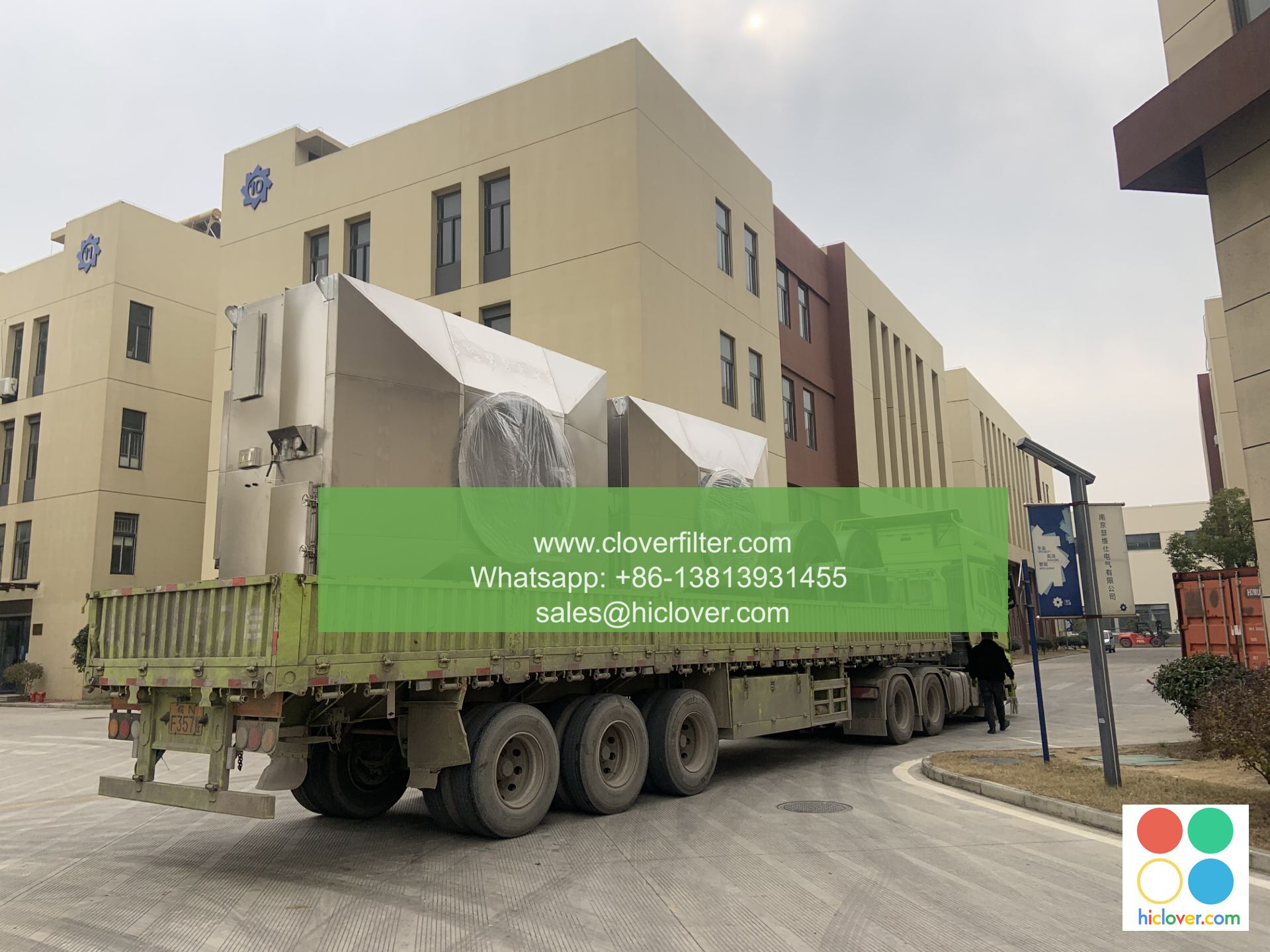Why Your Home’s Air Filter Matters: A Q&A

Why Your Home’s Air Filter Matters: A Q&A
The Importance of Proper Air Filtration in Your Home
As homeowners, we often take our indoor air quality for granted. We open our windows, turn on the AC, and forget about the importance of a clean and healthy indoor environment. One crucial aspect of maintaining good indoor air quality is the humble air filter. But when was the last time you checked your air filter? In this article, we’ll explore the importance of air filters, how they work, and why it’s essential to change them regularly. Say goodbye to dust, allergens, and irritants, and breathe easy with a clean and fresh indoor air.
What is an Air Filter?
An air filter is a device designed to remove impurities and pollutants from the air, improving indoor air quality. These filters come in various forms, including disposable fiberglass filters, high-efficiency filters, and HEPA filters. They are typically installed in heating and cooling systems, air purifiers, and ventilation systems.
How Do Air Filters Work?
Air filters work by capturing airborne particles, including:
- Dust: Fine particles that settle on surfaces, causing allergies and respiratory issues.
- Dander: Little more than the word "dander" itself, dander is a significant allergy trigger, especially for people with pets.
- Mold and Bacteria: Fungi and microorganisms that produce allergens and irritants.
- Pollen: Particles that travel through the air, causing allergic reactions and respiratory issues.
- VOCs: Volatile Organic Compounds, like chemicals, detergents, and pesticides, which can cause irritation and sensitivities.
These filters use a combination of mechanical and chemical processes to capture and remove these particles, ensuring cleaner, healthier air.
How Often Should I Change My Air Filter?
Regular filter maintenance is key to maintaining effective air filtration. The ideal frequency depends on:
- Usage: If you have pets, allergies, or suffer from respiratory issues, consider changing your filter every 1-3 months.
- Environment: Dirty, dusty, or humid environments may require more frequent changes (every 1-2 months).
- System Type: Different systems, like HVAC or air purifiers, may have specific filter replacement schedules.
Consequences of Neglecting Air Filter Maintenance
Failing to change your air filter can lead to:
- Poor Indoor Air Quality: Allergens, irritants, and pollutants linger, causing discomfort, health issues, and respiratory problems.
- Increased Energy Bills: Clogged filters reduce airflow, increasing energy consumption and costs.
- System Damage: Failure to clean or replace filters can lead to system breakdowns, repairs, and replacements.
Conclusion
In conclusion, a well-maintained air filter is the unsung hero of your home’s indoor air quality. By understanding how air filters work, how often to change them, and the consequences of neglecting maintenance, you can enjoy a cleaner, healthier, and more comfortable living space. Take the first step in improving your indoor air quality today – change that filter and breathe easy!
It looks like you meant to ask a question or give a prompt! I’m here to help. What’s on your mind? Do you have a specific topic or task in mind that you’d like to discuss or work on? I’m all ears (or rather, all text)!

